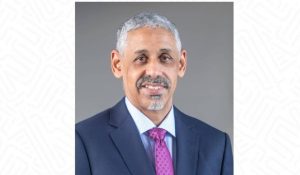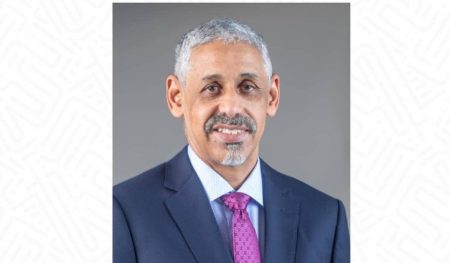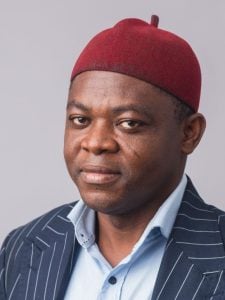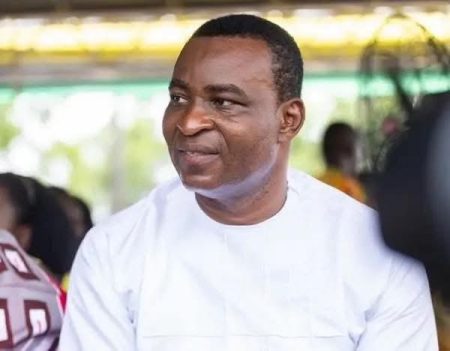Paragraph 1: A Landmark Step towards Gender Inclusivity in the Nigerian Military
The Nigerian House of Representatives has embarked on a significant journey toward enhancing gender balance within its armed forces. A bill, sponsored by Representative Kafilat Ogbara, has successfully passed its second reading. This proposed legislation aims to amend the Armed Forces Act, mandating a minimum 15% enlistment quota for women. This groundbreaking move signifies a potential turning point in addressing the historical underrepresentation of women in the Nigerian military and reflects a growing global recognition of the importance of inclusive security forces. The bill’s passage for second reading marks a crucial step in the legislative process, paving the way for further deliberations and potential enactment.
Paragraph 2: Addressing Systemic Exclusion and Promoting Equal Opportunities
Representative Ogbara, in her presentation to the House, highlighted the existing gap within the current Armed Forces Act, which lacks explicit provisions ensuring gender equity. This absence of clear legal backing has allowed cultural biases and institutional practices to perpetuate the systemic exclusion of women from meaningful participation in military service. The proposed amendment seeks to rectify this by introducing binding provisions that guarantee the inclusion of women in recruitment, appointment, and promotion processes across all branches of the armed forces. This proactive approach seeks to create a level playing field where women have equal opportunities to contribute their skills and expertise to national security.
Paragraph 3: Aligning with International Standards and National Commitments
The impetus for this legislative action draws strength from international frameworks and national commitments to gender equality. Representative Ogbara referenced the United Nations Security Council Resolution 1325 (2000) on Women, Peace and Security, and Nigeria’s corresponding National Action Plan, both of which advocate for increased female participation in security structures. She emphasized that the proposed amendment not only sets a minimum representation target but also establishes a comprehensive gender-responsive compliance framework. This framework includes the creation of a dedicated gender-monitoring unit, mandated disaggregated data collection, and reforms in critical areas such as training, accommodation, logistics, deployment, and disciplinary processes.
Paragraph 4: Creating a More Inclusive and Effective Military
The overarching goal of the bill, as articulated by Representative Ogbara, is to transform the Nigerian Armed Forces into a more inclusive, accountable, and operationally effective institution. By enshrining a minimum threshold for female representation and mandating a robust monitoring system, the bill aims to align military practices with both national and international legal obligations. This move acknowledges that a diverse and representative military is better equipped to address the complex security challenges of the 21st century. Furthermore, the bill’s emphasis on accountability mechanisms underscores the commitment to ensuring that the intended changes are implemented effectively.
Paragraph 5: A Matter of Justice, Professionalism, and National Progress
Representative Ogbara urged her colleagues to view the bill not solely as a gender issue but as a matter of justice, professionalism, and national progress. She argued that in a world facing diverse security threats, the armed forces must harness the full potential of the population, including both men and women. Promoting gender inclusivity in the military is not merely a symbolic gesture but a strategic imperative to enhance operational effectiveness and national security. By embracing diverse perspectives and experiences, the military can develop more innovative and effective strategies to address complex security challenges.
Paragraph 6: The Path Forward: Public Hearing and Stakeholder Engagement
The bill’s passage for second reading marks a significant milestone, but the legislative journey continues. The next stage involves a public hearing where various stakeholders, including military authorities, civil society groups, and gender advocates, will have the opportunity to provide input. This inclusive approach to policymaking ensures that diverse perspectives are considered before the bill is finalized. The public hearing will provide a platform for informed discussions and potential revisions, further strengthening the legislation and ensuring its broad-based support. The outcome of this process will determine the final form of the bill and its potential impact on transforming the gender landscape within the Nigerian Armed Forces.














